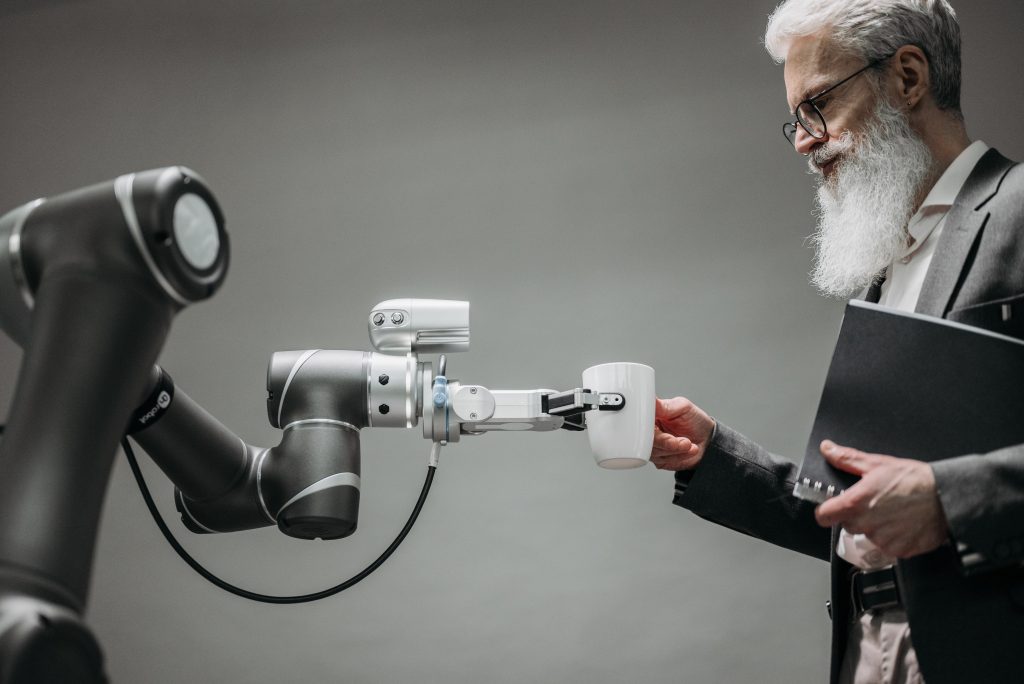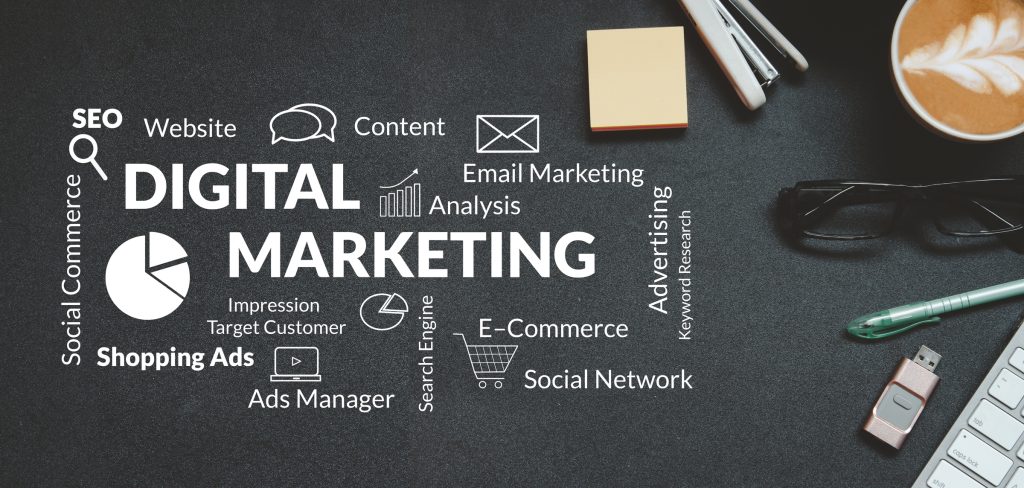In today’s ever-evolving digital landscape, artificial intelligence (AI) has become the cornerstone of marketing technology (MarTech). Recent developments from industry giants like Adobe, Amazon, and Salesforce underscore the growing importance of AI in shaping the future of marketing. This article explores the latest AI MarTech releases, the role of Chief Marketing Officers (CMOs) in AI adoption, and offers guidance on selecting generative AI tools tailored to your organization’s needs.
AI MarTech Releases: Adobe, Amazon, and Salesforce Lead the Way
The rapid growth of AI in MarTech is evident from the recent releases by industry leaders. Adobe, Amazon, and Salesforce are at the forefront, introducing cutting-edge AI-powered solutions designed to enhance marketing campaigns and customer experiences.
- Adobe’s AI-Powered Marketing Solutions: Adobe is leveraging AI to revolutionize marketing automation. Their AI-driven algorithms analyze customer data to deliver personalized content and recommendations, improving engagement and conversion rates. This technology empowers marketers to create dynamic and data-driven campaigns with ease.
- Amazon’s AI-Integrated Advertising: Amazon’s advertising platform now incorporates AI for targeting and optimization. It harnesses customer insights to deliver ads to the right audience at the right time, maximizing ROI for advertisers. Amazon’s AI tools enable marketers to make data-driven decisions and refine ad campaigns effectively.
- Salesforce’s AI-Driven Customer Engagement: Salesforce’s AI capabilities are focused on enhancing customer engagement. AI-powered chatbots, predictive analytics, and personalized recommendations help CMOs deliver exceptional customer experiences. Salesforce’s AI tools empower CMOs to build stronger customer relationships and drive revenue growth.

image source: Pexels.com & Google DeepMind
CMOs and AI: A Shifting Landscape
While AI is reshaping MarTech, the role of CMOs is also evolving. According to a recent article, CMOs are increasingly responsible for AI adoption within their organizations, but they may not always fully understand its complexities.
CMOs are tasked with harnessing AI’s potential to improve marketing strategies, but many face challenges in deciphering the intricacies of AI technology. To bridge this knowledge gap, CMOs should consider ongoing AI education and collaboration with data scientists and AI experts within their teams.
Choosing the Right Generative AI Tools for Your Organization
Selecting the right generative AI tools for your organization can be a daunting task. To ensure a seamless integration of AI into your MarTech stack, consider the following steps:
- Assess Your Needs: Start by identifying your organization’s specific marketing goals and challenges. Determine where AI can add the most value, whether it’s content generation, customer segmentation, or predictive analytics.
- Evaluate Vendor Offerings: Research AI vendors and their offerings carefully. Compare features, pricing, and customer reviews. Look for vendors that align with your organization’s goals and provide excellent support.
- Proof of Concept (PoC): Before committing to a long-term contract, consider conducting a PoC with your chosen AI tools. This allows you to test their effectiveness in a real-world scenario and ensure they meet your expectations.
- Data Integration: Ensure that the AI tools you choose can seamlessly integrate with your existing data sources and MarTech stack. Data accessibility and compatibility are crucial for successful AI implementation.
- Training and Support: Assess the level of training and support provided by the vendor. Adequate training ensures that your team can harness the full potential of the AI tools.
- Scalability: Choose AI tools that can grow with your organization. Scalability is essential as your marketing needs evolve over time.

image source: Pexels.com
To sum up, AI is reshaping the MarTech landscape, with industry leaders like Adobe, Amazon, and Salesforce leading the way. CMOs are increasingly responsible for AI adoption, making it crucial for them to understand its intricacies. When selecting generative AI tools, it’s essential to align them with your organization’s goals, evaluate vendors carefully, and ensure seamless integration. With the right approach, AI can unlock new possibilities and drive marketing success in today’s digital age.
___
by Thomas Theodoridis
source: PPCmate








